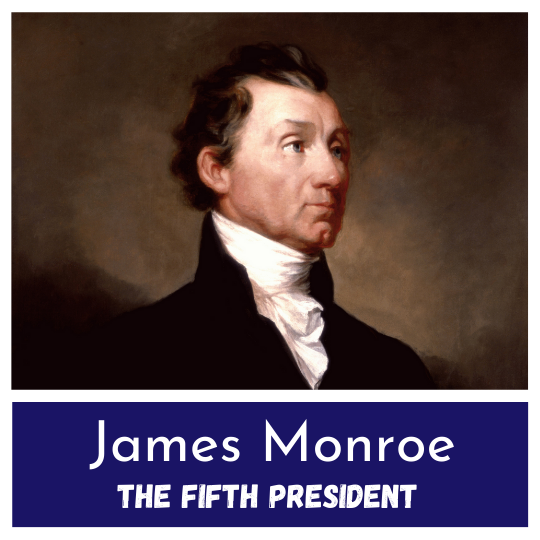From Conspirator to Secretary of War - The Life of John Armstrong, Jr.
Updated 8/10/21
John Armstrong, Jr. was one of the main players in the Continental Army’s Newburgh Conspiracy. Then, thirty years later, he was Secretary of War during the War of 1812.
Perhaps most curiously, Armstrong was the only Delegate to the Continental Congress who lived long enough to have his picture taken. His daguerreotype is the image attached to this article.
John Armstrong Jr.
John Armstrong, Jr. was the son and namesake of revolutionary leader John Armstrong, Sr.
John Jr. went on to make a revolutionary career for himself.
The younger man left Princeton before graduation and signed up with the Continental Army, joining the Quebec Campaign.
He then worked as an aide-de-camp for General Hugh Mercer, who Armstrong carried off the field after a mortal wound sustained at the Battle of Princeton.
John then became an aide-de-camp for General Horatio Gates, with his most notable service coming in the Battle of Saratoga.
The Newburgh Conspiracy
After the Battle of Yorktown, the Continental Army took up residence in Newburgh, NY while they waited for the British to leave New York City.
During this time, the American Officers were becoming dissatisfied with how the Continental Congress were handling things in Philadelphia. When ‘An Address to the Officers’ appeared in camp in March of 1783, the famous Newburgh Conspiracy was launched.
While George Washington was able to use his prestige to bring the Officers under control, this event almost led to a mutiny at the highest levels.
Although it cannot be 100% confirmed, it is generally accepted that the man who wrote the ‘Address’ which started the whole ordeal was John Armstrong, Jr.
Minister to France
Armstrong would briefly serve alongside his father as a Delegate from Pennsylvania during the Continental Congress’ final years. During this time, he was chosen as Chief Justice of the Northwest Territory, though he declined the position.
John stayed out of the public eye for over a decade before being selected as a member of the US Senate. He was in and out of the Senate for several years before President Jefferson chose him to replace Robert Livingston as Minister to France.
After six years in Europe, Armstrong returned to North America and resumed his private life, being replace by Jonathan Russell. By 1813, however, he was chosen by President Madison as Secretary of War.
Secretary of War
Armstrong’s year and a half stint as Secretary of War just happened to be during the early States of the War of 1812.
He was replaced by his longtime rival James Monroe after the Burning of Washington, D.C.
The War of 1812 would end just four months later and, though Madison and Monroe generally get most of the credit, Armstrong’s participation in the American victory should not be overlooked.
John retired, spending his time writing history books, and live another three decades.
When he passed away in 1843, Armstrong was the last living member of the Continental Congress.
Here he is…
Armstrong is one of the few Founders to live long enough to have a picture taken. Here he is with a dog in 1840.
To learn about other Ministers to France during the American Founding, check out these articles:
Silas Dean Convinces France to Supply the Continental Army
Charles Cotesworth Pinckney - The First Presidential Candidate to Lose an Election
Joel Barlow Signs the Treaty of Tripoli
Get fun American Revolution articles straight to your inbox every morning.
Subscribe to my email list here.
You can also support this site on Patreon by clicking here.
John Armstrong, Jr is one of those Founders who actually has a biography.
'John Armstrong, Jr.’ covers this man’s life, from the Revolutionary War through the Jefferson and Madison Administrations.
If you’d like a precious copy for your very own you can through the Amazon affiliate link below (you’ll support this site, but don’t worry, Amazon pays me while your price stays the same).






